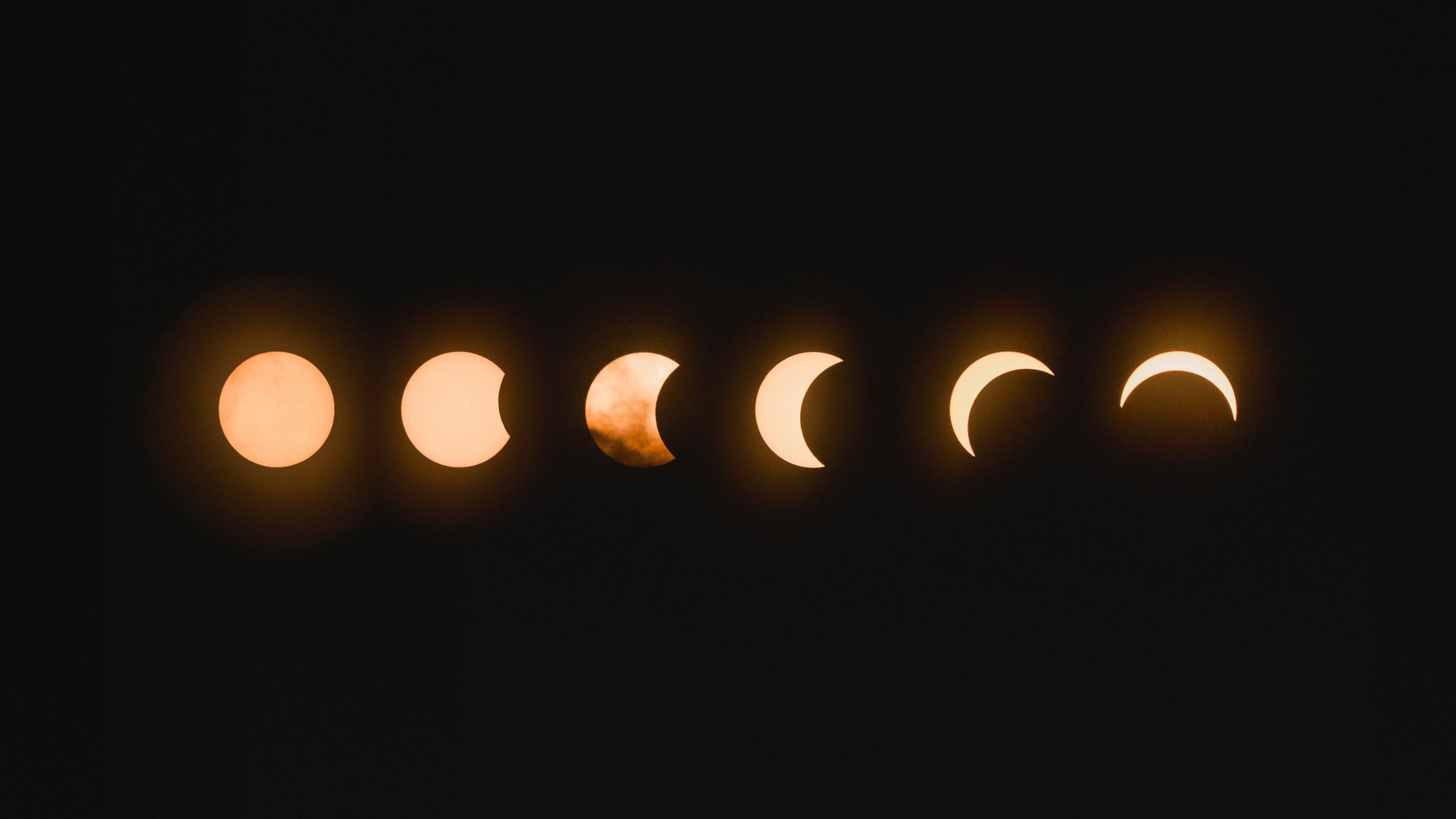Can the New Moon Affect Your Period?
Many women have wondered if the moon can affect their menstrual cycle. The idea of a connection between the lunar cycle and the menstrual cycle has been around for centuries, but is there any scientific evidence to support this belief? In this blog post, we will explore the relationship between the new moon and your period, examining both the historical folklore and the scientific research.
The Lunar Cycle and Menstruation: Ancient Beliefs
Throughout history, various cultures have associated the moon with fertility and the menstrual cycle. The lunar cycle, which lasts approximately 29.5 days, mirrors the average length of a menstrual cycle. This connection has led to the belief that the moon’s phases can influence ovulation and menstruation.
One prevalent idea is that menstruation is more likely to occur during the new moon, when the moon is not visible in the night sky. It has been suggested that the gravitational pull of the moon during this phase may affect the flow of blood in the body, leading to menstrual bleeding.
Another belief is that the full moon can stimulate ovulation, making it more likely for a woman to conceive during this phase. This theory aligns with the idea of the moon’s influence on fertility.
The Science of Menstruation
While the ancient beliefs surrounding the moon and menstruation are intriguing, it is important to consider what scientific research has to say on the matter. To date, there is no conclusive evidence to support a direct correlation between the lunar cycle and menstruation.
The menstrual cycle is controlled by a complex interplay of hormones, primarily estrogen and progesterone. The hypothalamus in the brain releases gonadotropin-releasing hormone (GnRH), which stimulates the pituitary gland to release follicle-stimulating hormone (FSH) and luteinizing hormone (LH). These hormones regulate the development of ovarian follicles and the release of an egg during ovulation.
If the egg is not fertilized, the levels of estrogen and progesterone drop, leading to the shedding of the uterine lining and menstruation. This hormonal process is independent of any lunar influence.
Scientific Studies on the Moon-Period Connection
While scientific studies have not found a direct link between the moon and menstruation, some researchers have explored this topic to investigate any potential associations.
In a study published in the journal “Acta Obstetricia et Gynecologica Scandinavica,” researchers analyzed the menstrual cycles of over 1,000 women and compared them to lunar phases. The findings showed no significant correlation between the lunar cycle and the occurrence of menstruation.
Another study published in the journal “Psychoneuroendocrinology” focused on the effects of the lunar cycle on hormone levels. The researchers collected saliva samples from women throughout their menstrual cycles and analyzed the levels of melatonin and cortisol, two hormones associated with sleep and stress. The study found no variations in these hormone levels related to the lunar cycle.
These studies, along with numerous others, have consistently failed to find any substantial evidence supporting the notion that the moon influences the menstrual cycle.
The Power of Belief and Personal Experience
Despite the lack of scientific evidence, many women still believe that the moon can affect their period. Personal anecdotes and subjective experiences can shape these beliefs. When searched upon online forums and social media platforms, numerous anecdotal reports can be found, with some women claiming to experience a synchronization of their cycles with the lunar phases.
However, it is important to acknowledge that personal experiences and anecdotes do not constitute scientific evidence. The placebo effect, confirmation bias, and other psychological factors can contribute to the perception of a connection between the moon and menstruation.
Conclusion
While the idea of the moon’s influence on menstrual cycles is deeply rooted in folklore and mythology, scientific research does not support this belief. The menstrual cycle is primarily regulated by hormonal fluctuations, which occur independently of any lunar cycle.
It is important for women to understand that their menstrual cycles may naturally vary in length or synchronization due to a wide range of factors, such as stress, diet, exercise, and hormonal changes. These variations may create the perception of a moon-period connection but should not be mistaken for a causal relationship.
Ultimately, if you believe that the moon affects your period, it is essential to remember that every woman’s experience is unique. While science has not found a correlation between the new moon and menstruation, personal beliefs and experiences can still hold significance. Whether you place faith in the moon’s influence or not, it is crucial to prioritize overall menstrual health and seek medical advice if you experience any concerning changes or irregularities in your menstrual cycle.
Table of Contents
